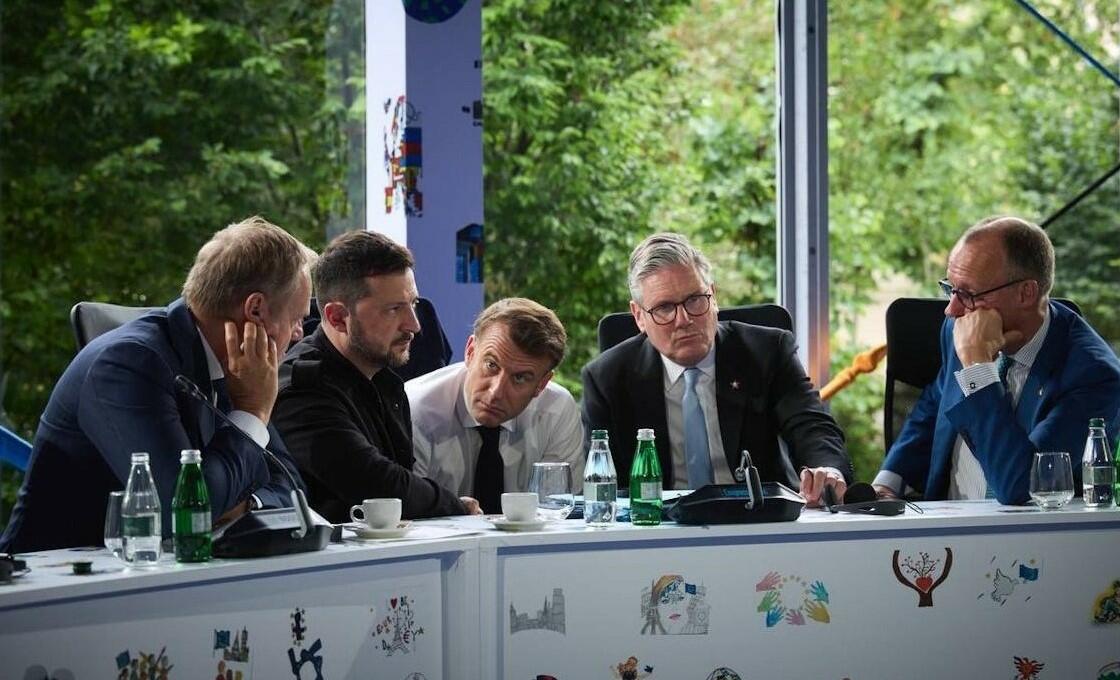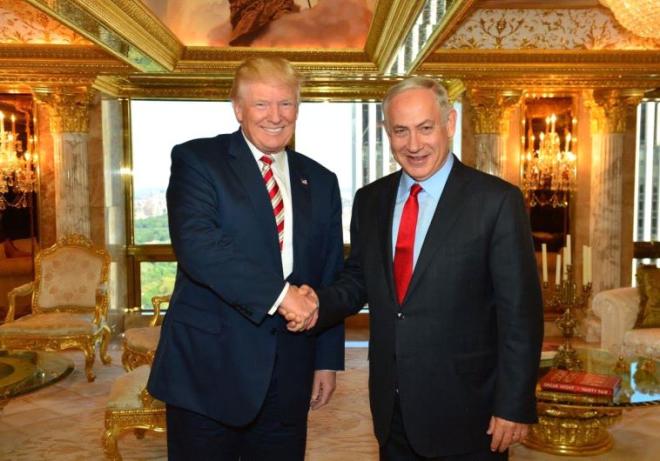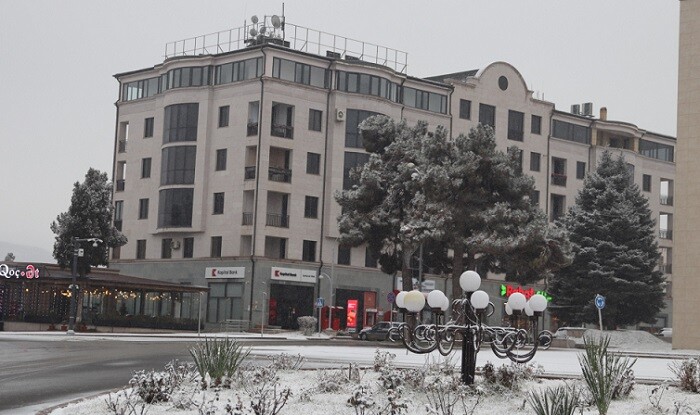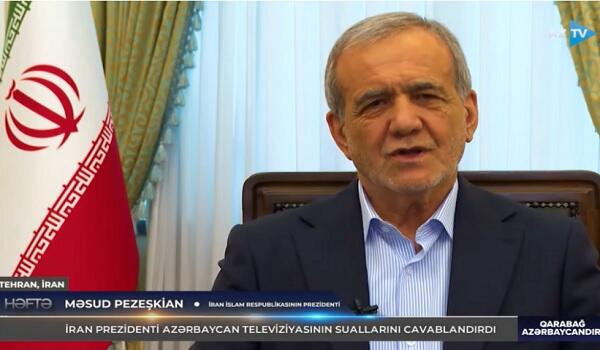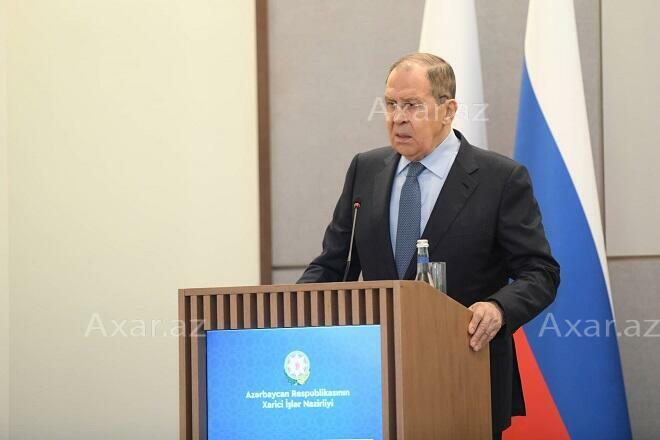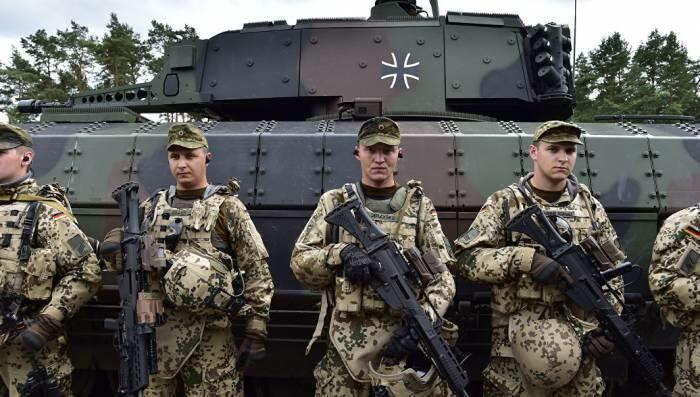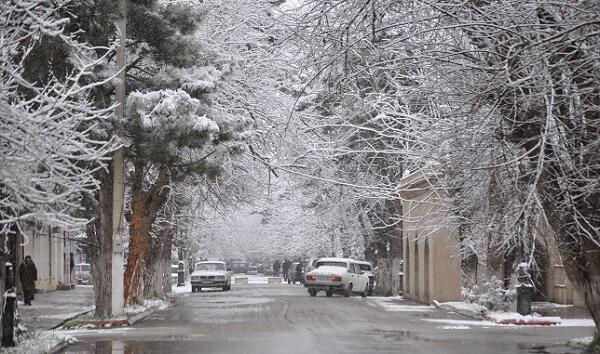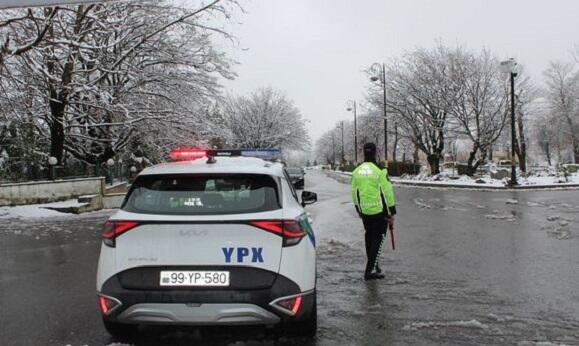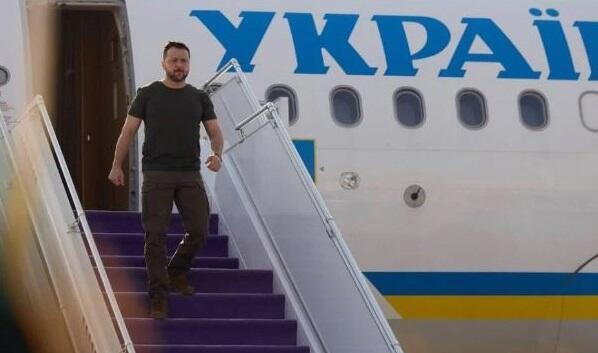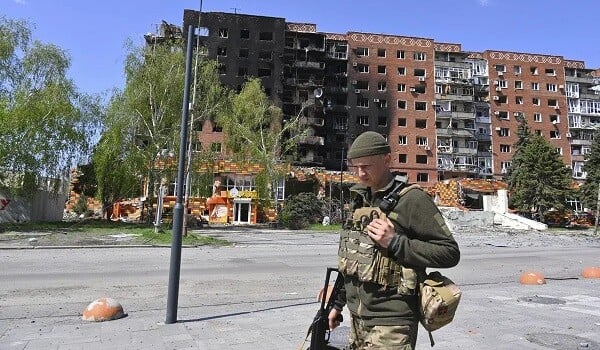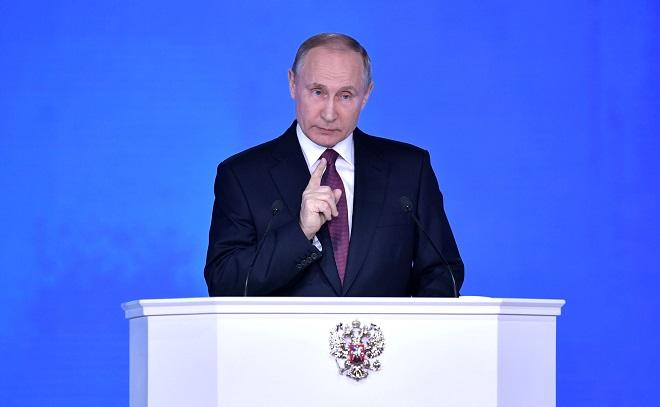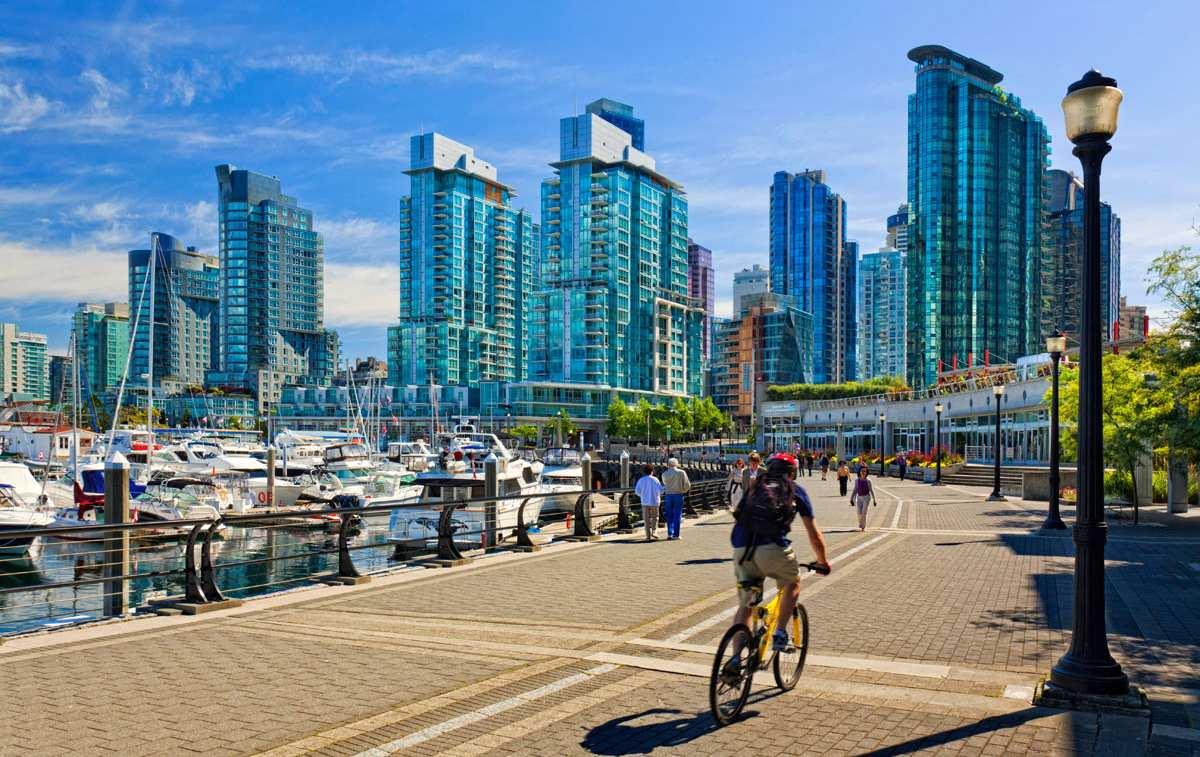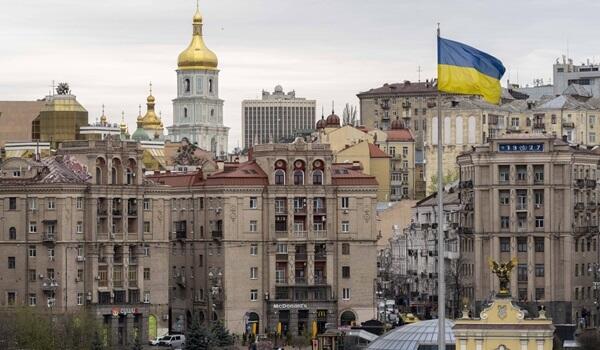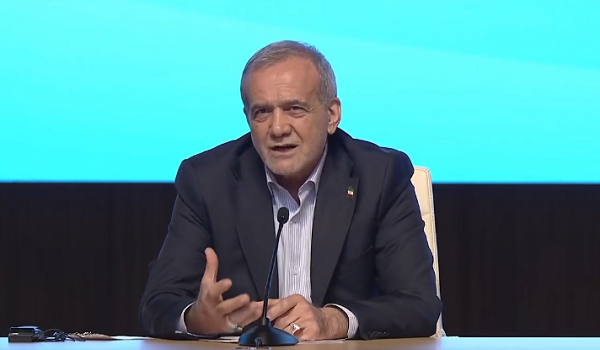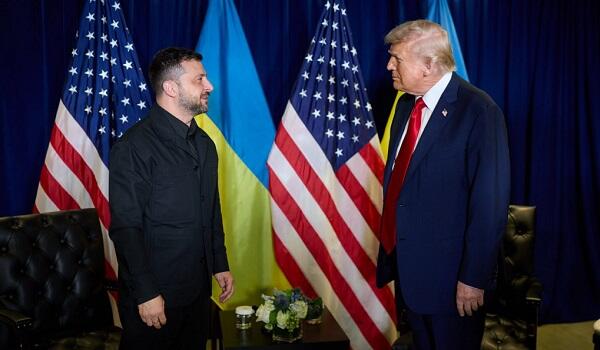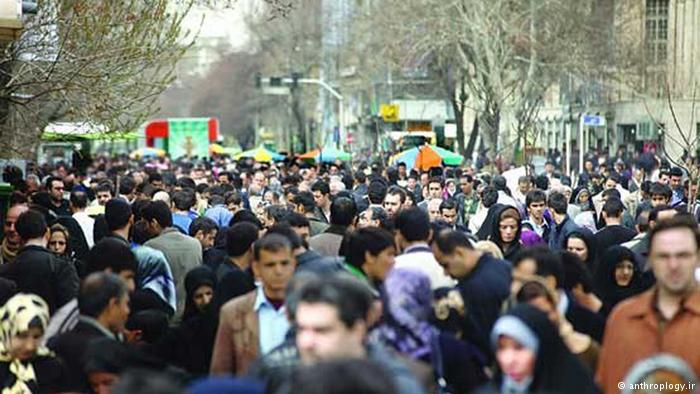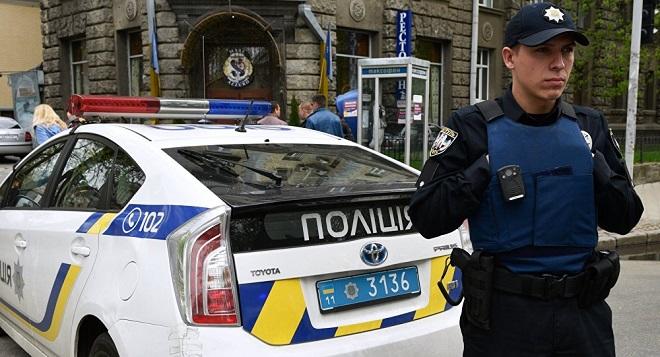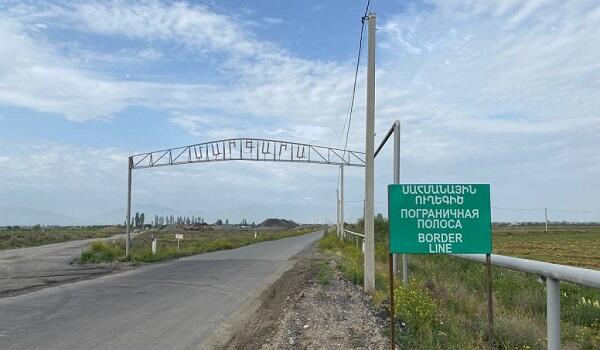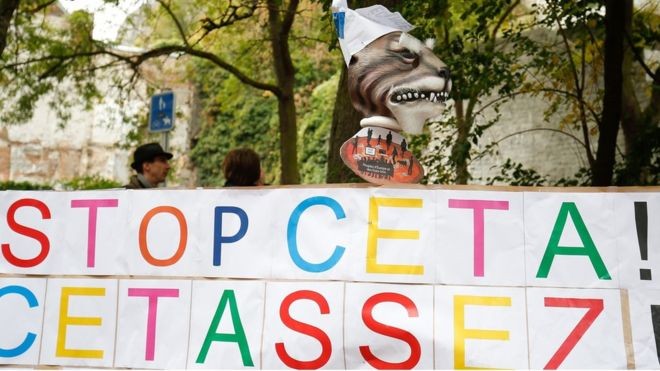Belgium cannot sign a key EU trade deal with Canada,
Prime Minister Charles Michel has said, because of objections led
by its Wallonia region. Mr Michel said talks with Wallonia and two
other elected bodies had failed.
Axar.az reports that, his comments appeared to dash hopes the
Ceta deal could be signed on Thursday but European Council
President Donald Tusk said it was still possible. This is the EU's
most ambitious free trade deal to date but Belgium needs its
regions' approval to sign it.
European Parliament briefing on Ceta
Is Ceta a good model for Brexit?
Eight things about Wallonia
Reality Check: Could Walloons sink a Brexit trade deal?
Mr Michel said he had told Mr Tusk that Belgium could not sign
Ceta (the acronym for the Comprehensive Economic and Trade
Agreement).
The other 27 EU governments want to sign the agreement, which
has been in the pipeline for seven years.
The European Commission had set Belgium a Monday deadline to
make its decision on the deal. In a tweet on Monday, Mr Tusk wrote:
"Together with (Canadian) PM @JustinTrudeau, we think Thursday's
summit still possible. We encourage all parties to find a solution.
There's yet time."
For the deal to pass, Belgium's federal, regional and community
bodies (seven in all) must give their approval.
Wallonia, a staunchly socialist region of 3.6 million people,
has led objections to the deal, demanding stronger safeguards on
labour, environmental and consumer standards. But at talks with Mr
Martin on Monday, it emerged that two other bodies, Brussels and
that of the French-speaking community, also opposed Ceta.
The Belgian socialists' fears echo those of anti-globalisation
activists, who say Ceta and deals like it give too much power to
multinationals - power even to intimidate governments. There have
also been big demonstrations in several EU countries against Ceta
and the TTIP trade talks between the EU and the US.
On Sunday, the European Commission presented a new clarification
to Wallonia on the mechanism for settling disputes with
investors.
The rules for trade arbitration are one of the thorniest issues
in the deal. But Belgium's RTBF news reported (in French) that the
latest EU document did not satisfy the Walloon politicians.
'A real shame'
Canada and the EU would eliminate 98% of tariffs under Ceta,
which was negotiated over five years between 2009 and 2014.
Supporters say this would increase trade between them by 20%, and
would especially help small businesses.
Critics say the deal threatens product standards and protects
big business, allowing corporations to sue governments.
Canadian Trade Minister Chrystia Freeland was bitterly
disappointed on Friday when talks with Wallonia broke down and she
flew home, during an EU summit in Brussels.
On Monday, Wallonia's regional leader Paul Magnette warned: "We
will never decide anything under an ultimatum or under
pressure."
His counterpart in Belgium's Dutch-speaking Flanders region,
Geert Bourgeois, said the blockage was "a real shame".
"We're the laughing stock of the whole world," said the
centre-right leader, quoted by Reuters news agency. "It's bad for
Wallonia, for Flanders, for Belgium, for Europe, for the whole
world."
Some UK politicians see Ceta as a potential model for a Brexit
trade deal with the EU. Ceta does not involve EU-style free
movement of labour. But for British services - 80% of the UK
economy - the Ceta terms are less favourable than those they have
now.
